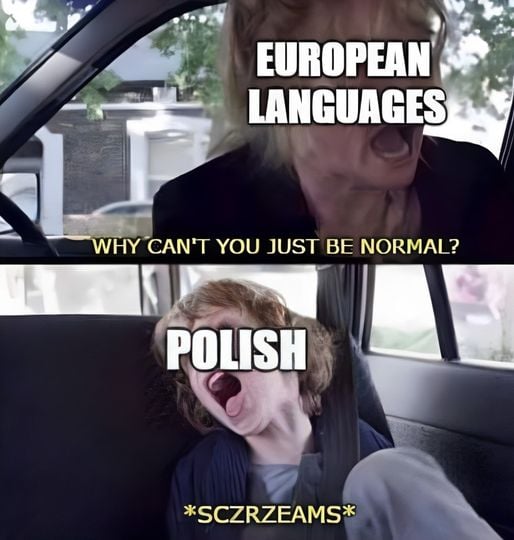this post was submitted on 24 Oct 2024
983 points (98.4% liked)
memes
14090 readers
2825 users here now
Community rules
1. Be civil
No trolling, bigotry or other insulting / annoying behaviour
2. No politics
This is non-politics community. For political memes please go to [email protected]
3. No recent reposts
Check for reposts when posting a meme, you can only repost after 1 month
4. No bots
No bots without the express approval of the mods or the admins
5. No Spam/Ads
No advertisements or spam. This is an instance rule and the only way to live.
A collection of some classic Lemmy memes for your enjoyment
Sister communities
- [email protected] : Star Trek memes, chat and shitposts
- [email protected] : Lemmy Shitposts, anything and everything goes.
- [email protected] : Linux themed memes
- [email protected] : for those who love comic stories.
founded 2 years ago
MODERATORS
you are viewing a single comment's thread
view the rest of the comments
view the rest of the comments

I'm not assuming when the formalisation happened. I'm saying that it's harder to get everyone to agree on how the orthography is supposed to be, when 2+ governments and populations associated with them are forcing distinctions even when there's none.
You're right that it is not impossible however, and your historical example shows it. Historically Lithuanian is the exception that proves the rule because
And nowadays it's simply not an exception. (I was referring mostly to modern times.)
That's a great tidbit of info, and it's related to what I'm saying: those Lithuanian speakers in Russia only accepted the books as suitable for their language, even if they were printed in Prussia, because they didn't see it as coming from "those other guys".
[Thank you for the info, by the way! Across the whole comment, not just that paragraph.]
You're welcome.
If you want to read more about the history of Lithuania and surrounding countries and their nation formation, a great start would be Timothy Snyder's book "The Reconstruction of Nations", he's the most popular historian of the region who is not from the region.